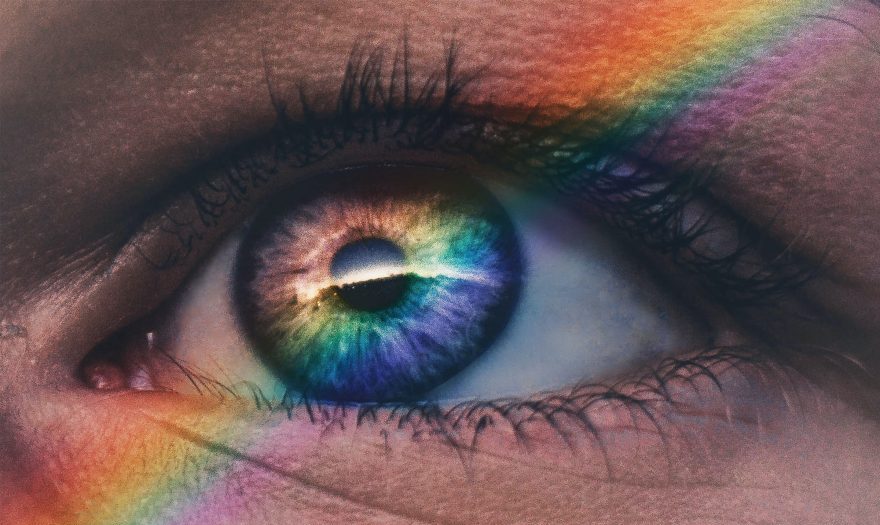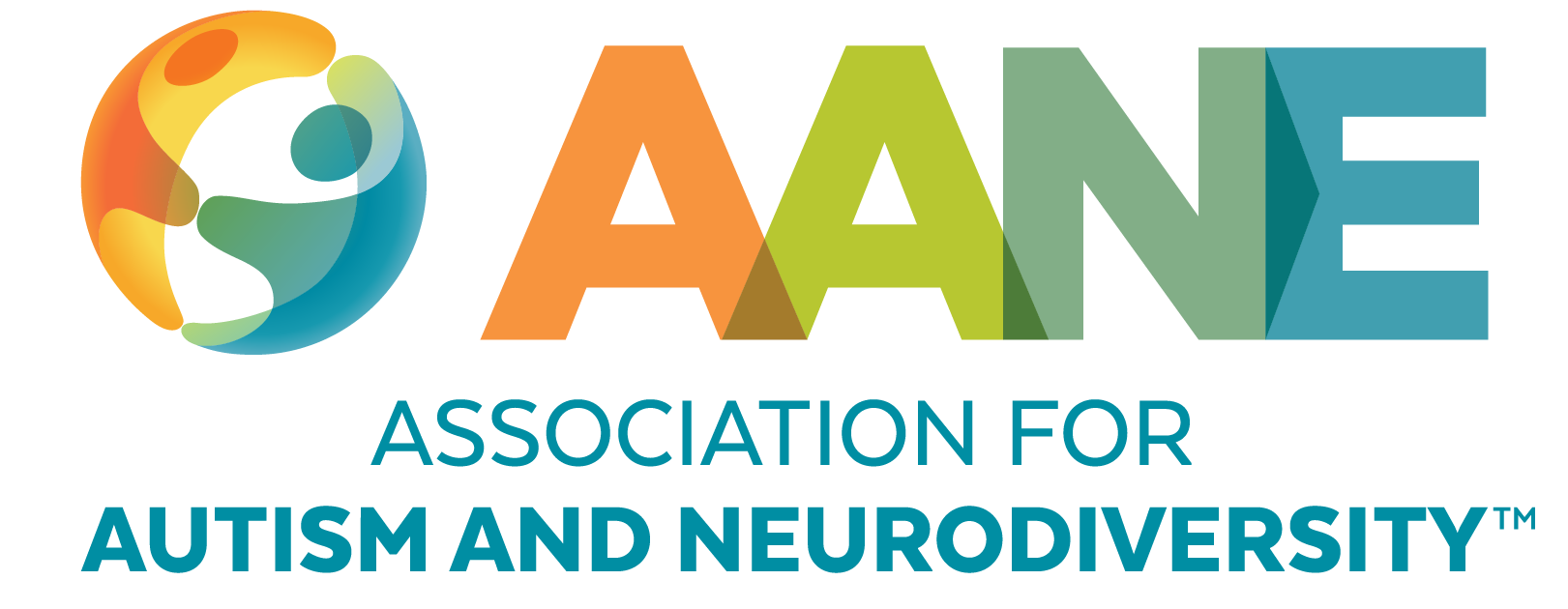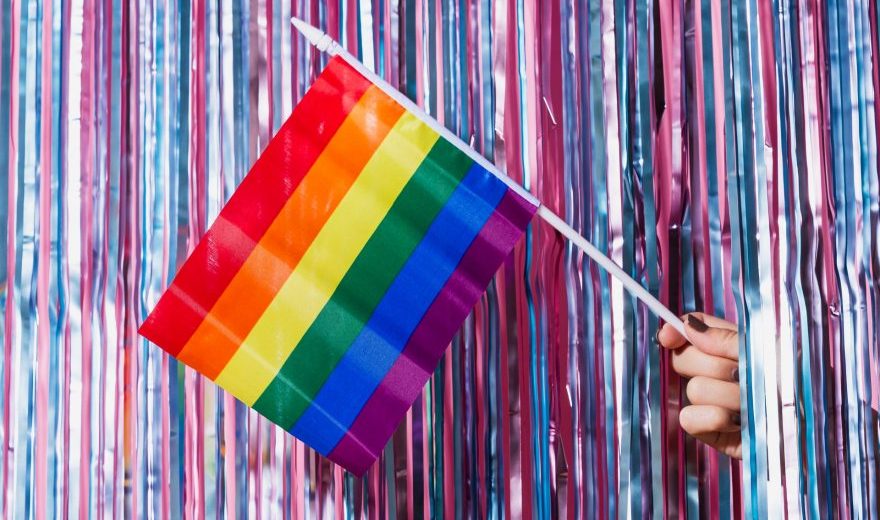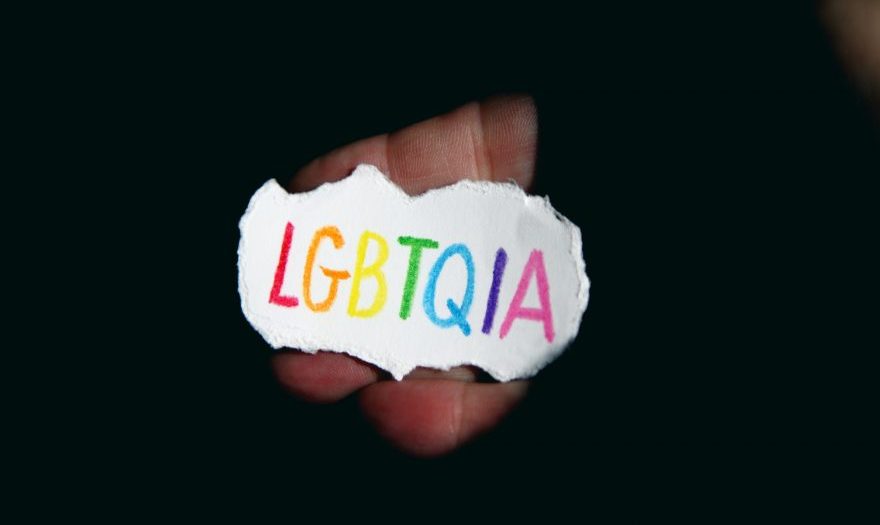
Honoring Identity
About the Author
Brenda Dater, MSW, MPH, is the executive director at AANE and the author of Parenting Without Panic. Brenda is a mom of three, and her eldest is an Autistic transgender woman. Brenda has facilitated parent support groups for over 20 years and thoroughly enjoys creating an environment where parents can find the support, information, and the community they need.
If you are experiencing an emergency, contact 911 or go to your nearest emergency department.
Additional Crisis Resources:
988 National Suicide and Crisis Lifeline:
- Dial 988 (For TTY Users: Use your preferred relay service or dial 711 then 988)
- Nacional de Prevención del Suicidio: (888) 628-9454
- Chat Online
The Trevor Project (LGBTQ+ support): 1-866-488-7386

I remember over a decade ago receiving calls from Autistic adults and parents sharing stories of how their gender assigned at birth didn’t match how they felt. Recognizing the growing need for support on this topic within the autism community, AANE’s offerings on autism and gender identity have increased with more support groups, webinars, and workshops.
However, my connection to this topic is more than professional. A few years ago, I learned I had a 25 year-old Autistic daughter, Rachel. Up until that moment when she came out, I thought I had an Autistic son. When she first told me, she said she knew I wouldn’t “freak out,” “say something stupid,” or not be supportive because of the work that I do, and I got her full approval before I decided to talk and write about this publicly.
In those first few moments after she told me, I felt a variety of emotions simultaneously. But I also knew it was so important that the feelings I expressed to Rachel were completely affirming. I’d been on the listening end of too many heartbreaking stories where family members expressed their fears and worries in a way that made their child feel unsupported or unloved at such a vulnerable moment. So my first words were, “I’m so glad you told me,” and “I love you just as you are,” and “I’m really, really glad we live in Massachusetts,” and even jokingly, “Are we going to be sharing clothes now?”
Time to Process
Even as I could support Rachel in those first days, and weeks, I still felt intense worry. I was worried about her safety. I was worried that she would face discrimination. I was worried that she wouldn’t be accepted. It harkened back to the first days of her autism diagnosis when I saw how those who didn’t understand her often excluded her, and I wanted so desperately to spare her that experience. Then and now, the anxiety I felt was never about the fact that she is Autistic or trans, but rather that the world is often not an accepting place for Autistic and trans individuals.
But then I saw that she was happy. She said she saw a future for herself, and shared that up until she came out, she thought she wouldn’t live to 30. To hear her say that totally shifted my emotions. To see my daughter comfortable in her skin for the first time in her life, to hear her excitement as she talked about her future, it made me feel so relieved she had the courage to come out.
My Daughter’s Patience and Self-Advocacy
Our daughter was very understanding that it would be hard for us to switch from using her birth name to the name she chose for herself: Rachel. I was able to stop using her birth name after she requested it, but I first switched to calling her a variety of terms of endearment, like “honey,” “love,” “sweetie,” or even “oh, eldest child of mine.” One day she asked why I wasn’t using her new name yet. I explained that it took all my mental energy to just stop saying her birth name multiple times each day when we were talking together. She told us that if we accidentally used her birth name or male pronouns, she knew it wasn’t because we didn’t support her, but rather, it was a 25 year-old habit we needed to break. Six months later, I used Rachel (as well as terms of endearment) without hesitation.
Rachel gave us the gift of time when she came out. Although her dad and I supported her right away, as did her siblings, we were all surprised by her news. She told us, “I’ve been thinking about this for 10 years; you’ve known for 24 hours. It will take time for you to process what this means. Just don’t do that processing with me.” And we didn’t. We reached out to others who had similar experiences and made time to talk through our feelings privately. It was important for all of us to continue to support her and process our own emotions about this change.
When Rachel came out publicly she let everyone know that if they couldn’t be supportive, they shouldn’t share that with her. She only wanted affirming comments and asked that any other remarks be kept private. It set a clear boundary and made the experience very positive for her. Friends and family wrote supportive notes and congratulated her. If people felt differently we didn’t hear about it.
The Future
Recently Boston had a trans pride celebration. Watching hundreds of trans folks and allies celebrating together was heartwarming. I am grateful we live in a place of relative safety, and at the same time, I am painfully aware of the discrimination and hatred that gender diverse people experience across many parts of the United States and in other countries. Each time I read about another state proposing or passing legislation to restrict or remove gender affirming care or LGBTQ+ rights more broadly, I feel intense anguish and anger over the thousands of people who will be made to feel like something is wrong with them and won’t have access to the care they need. Let me be clear to anyone who is transgender, non-binary, or has another gender identity: You are whole and wonderful just as you are.
I am grateful every day for the daughter I have. She feels like her true self. She is hopeful for her future. She is proud and public about who she is. When I think of the pain and despondency she said she experienced before coming out, it’s hard for me to breathe. For me, the initial confusion and surprise I felt was nothing compared to the joy and relief that has replaced it from seeing my daughter be her true self.
Stay Current
Subscribe for AANE weekly emails, monthly news, updates, and more!






